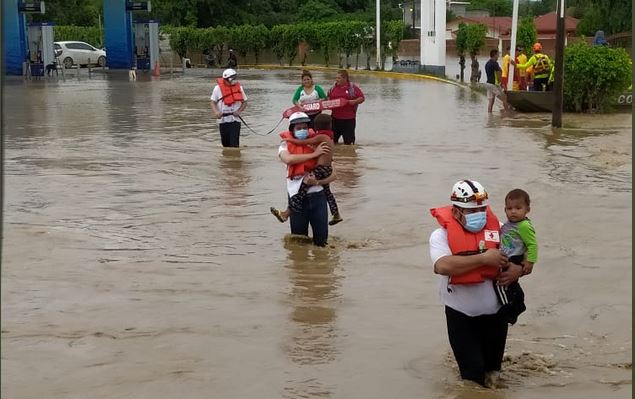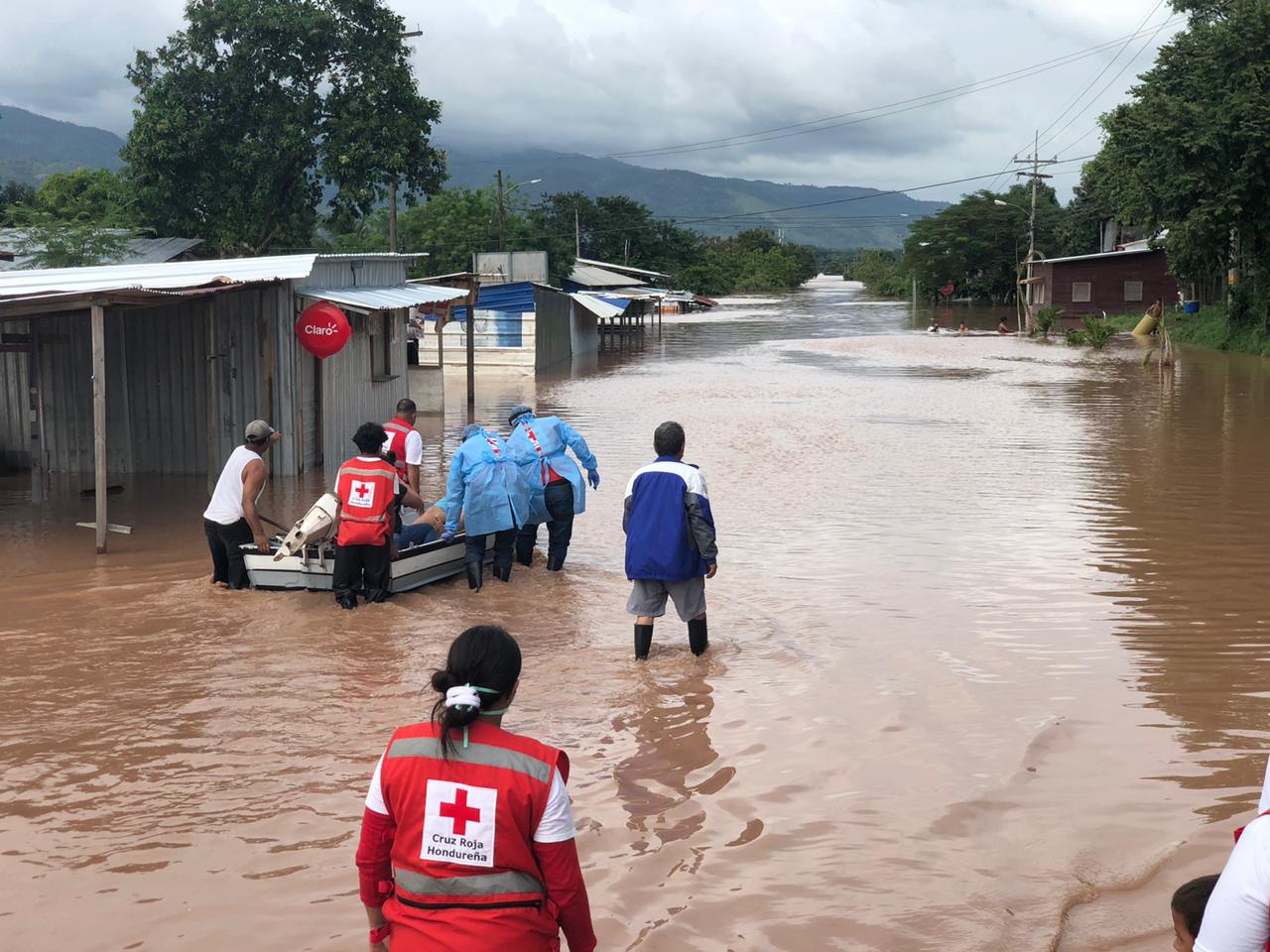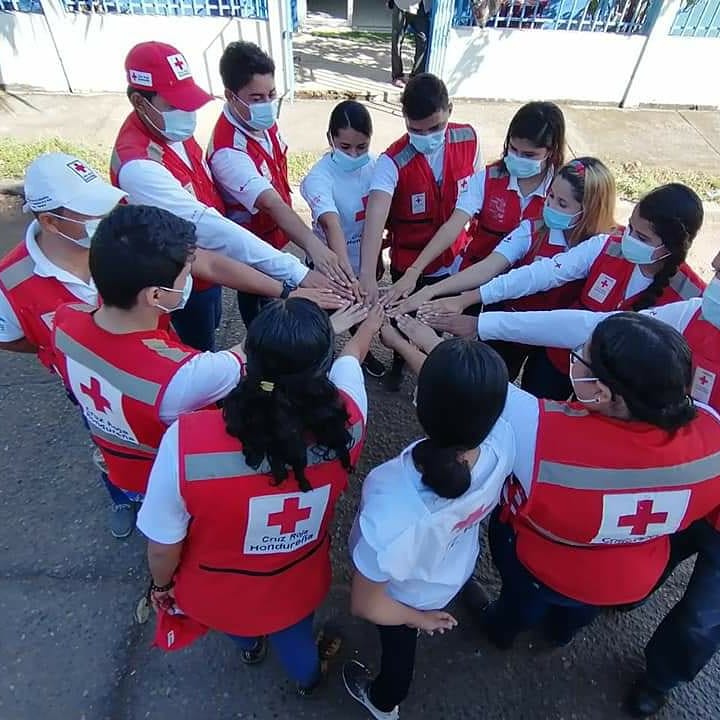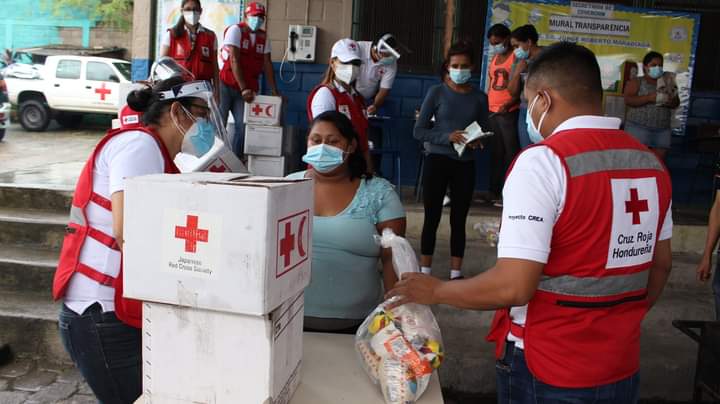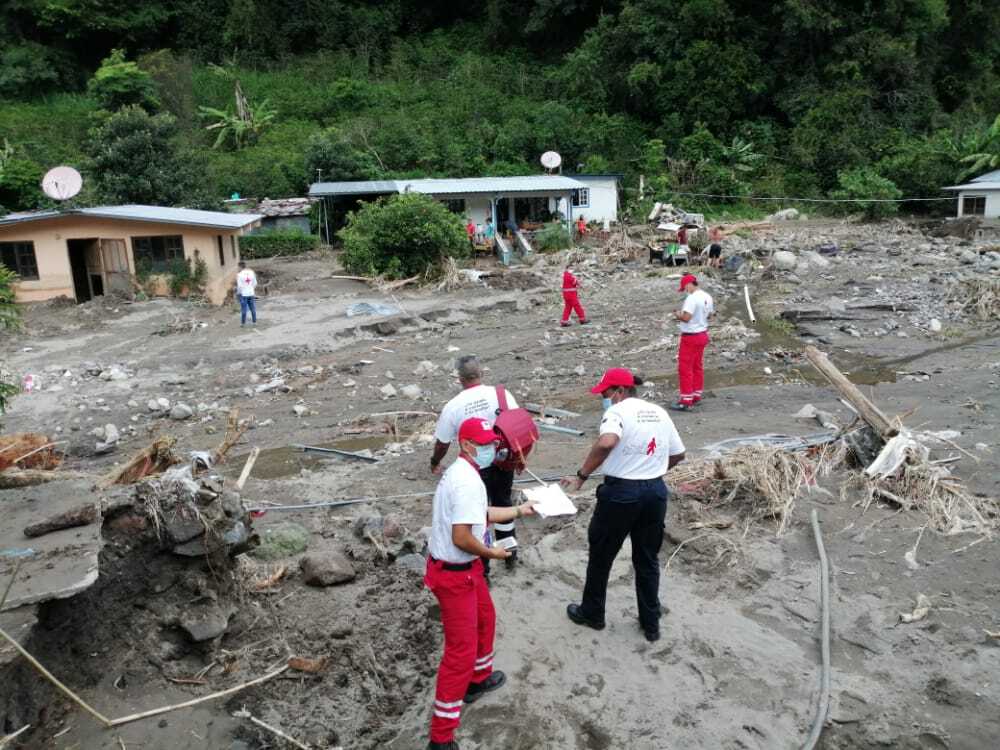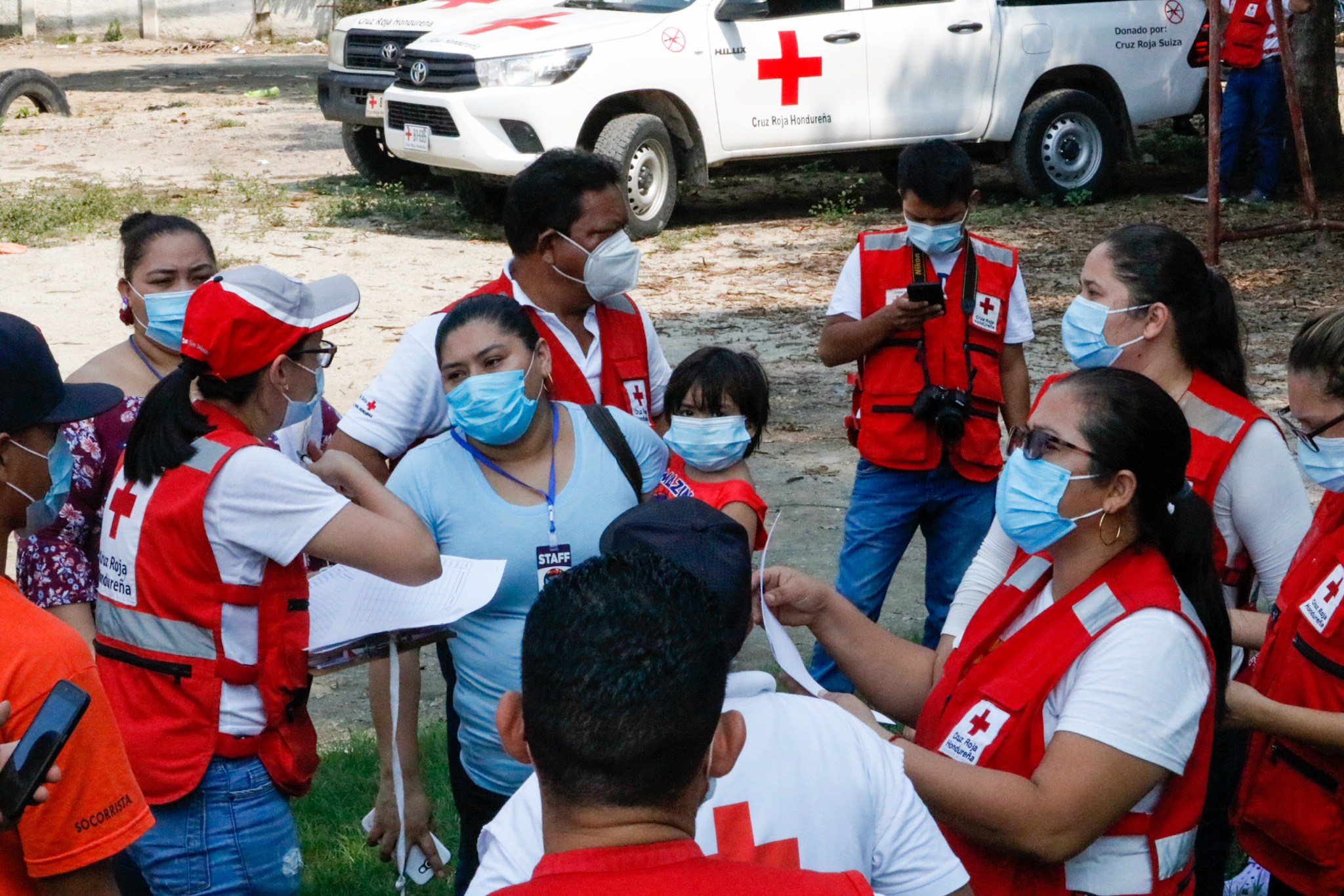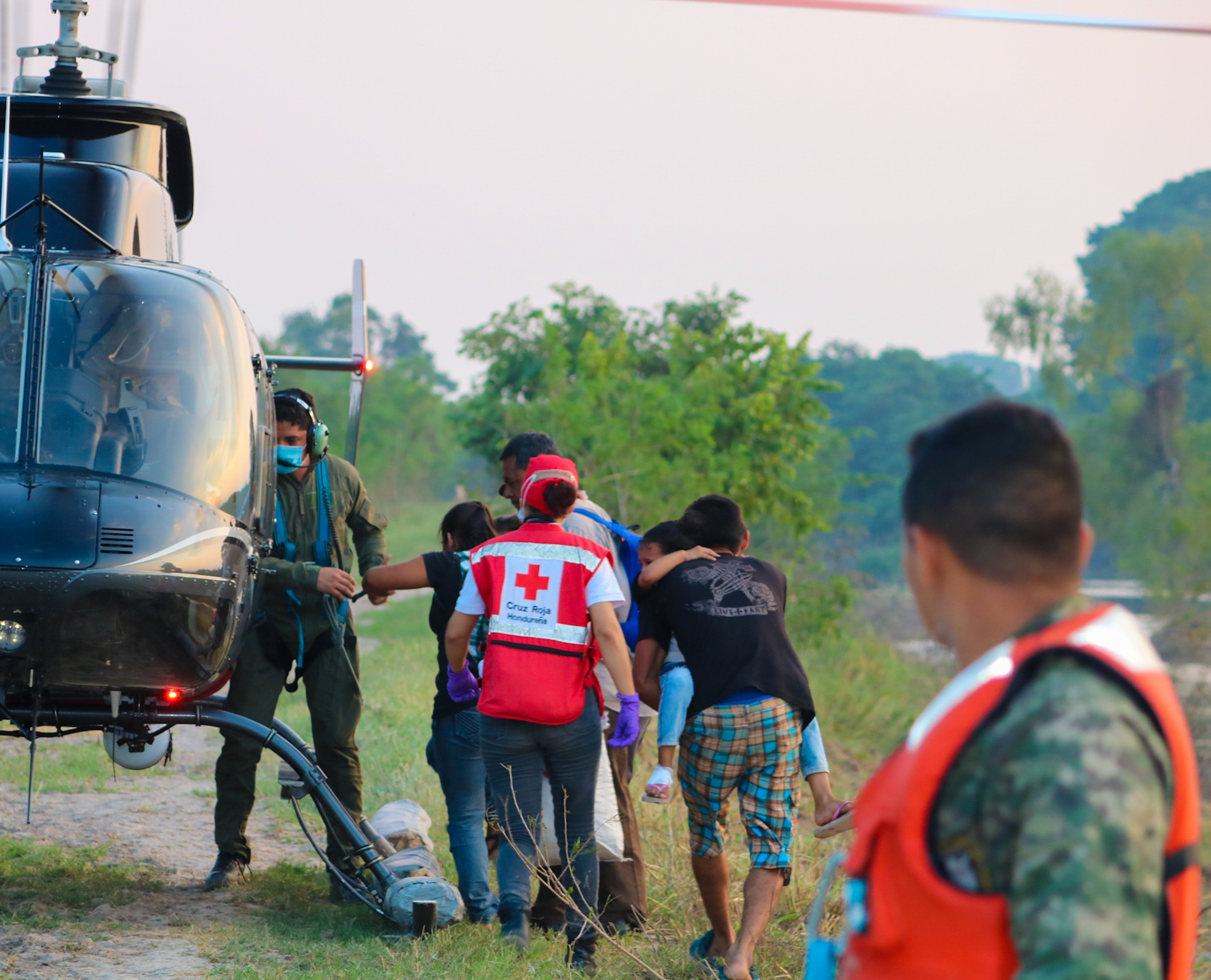Hurricane Iota made a catastrophic landfall on the Caribbean coast of Nicaragua last week, just 13 days after Hurricane Eta’s landfall. Iota, a Category 4 hurricane, followed a similar path as Hurricane Eta moving west, bringing devastation. The hurricanes brought damaging winds, life-threatening storm surge and flash flooding to the region.
To date, Eta and Iota's heavy rains, floods, and landslides have affected more than 4.5 million people in all Central American countries. The hurricanes have caused loss of life, significant injury, homelessness and structural damage across seven different countries. According to the International Federation of the Red Cross (IFRC), the rivers are still high, and floodwaters have not yet drained in many communities affected by the hurricanes. Residual effects of Hurricanes Eta and Iota are also a threat to Red Cross volunteers, staff of the Federation and partners of the Red Cross Movement who are helping people impacted by Hurricane Eta.
Prior to the hurricane’s landfalls the Red Cross prepared communities making sure people had access to food and water. In consideration of curtailing the spread of the current pandemic, Covid-19 prevention equipment was provided along with other emergency resources. Also prior to both Hurricane Eta and Iota’s landfall, teams evacuated people to stronger buildings, safer locations and higher ground.
Currently, the Red Cross is on the ground working with leaders and local authorities to deliver a massive operation in response to Eta and Iota’s impact in the region. There are Red Cross relief responses going on simultaneously in seven countries: Belize, Guatemala, Honduras, Nicaragua, Costa Rica, Panama and Colombia. These operations have supported over 102,000 people. Search and rescue missions continue looking for missing persons from Hurricanes Eta and Iota. For those that are critically ill or injured, teams are transporting them directly and safely to hospitals. Emergency crews are distributing food, fuel, hygiene kits, kitchen kits and pantries. Teams are also supporting those devastated through mental health support. Emergency response units have been deployed to help those in need with water, sanitation and hygiene needs. Red Cross workers are coordinating with local and national authorities to ensure that the humanitarian response to Eta continues and that the necessary early action measures are taken.
To assist, the American Red Cross has contributed $500,000 to the IFRC emergency appeal to assist the Guatemalan, Honduran and Nicaraguan Red Cross societies. The funds will help meet the immediate needs of those most affected. In addition, American Red Cross Disaster Specialists are providing information management and technical support.
This Atlantic hurricane season has seen the most named storms on record, with 31 named storms and 13 hurricanes.








